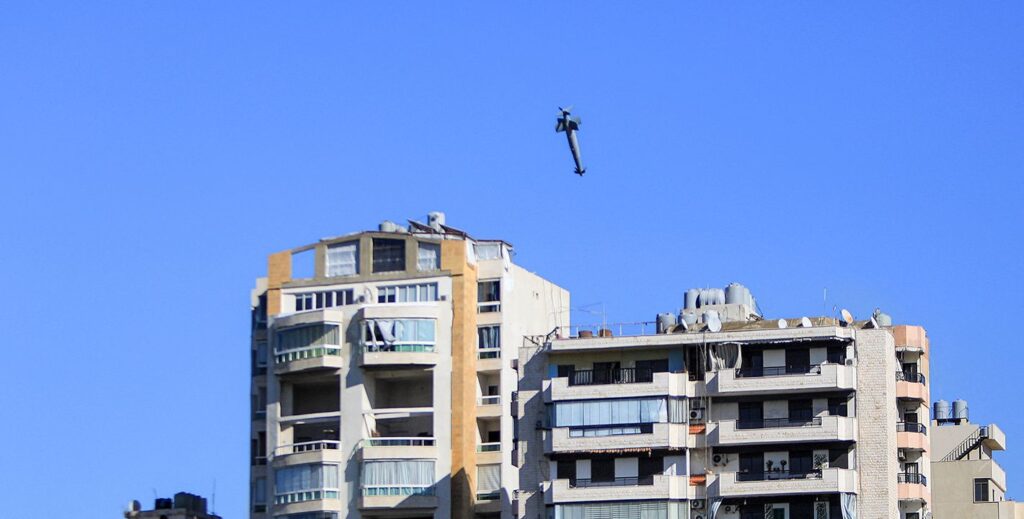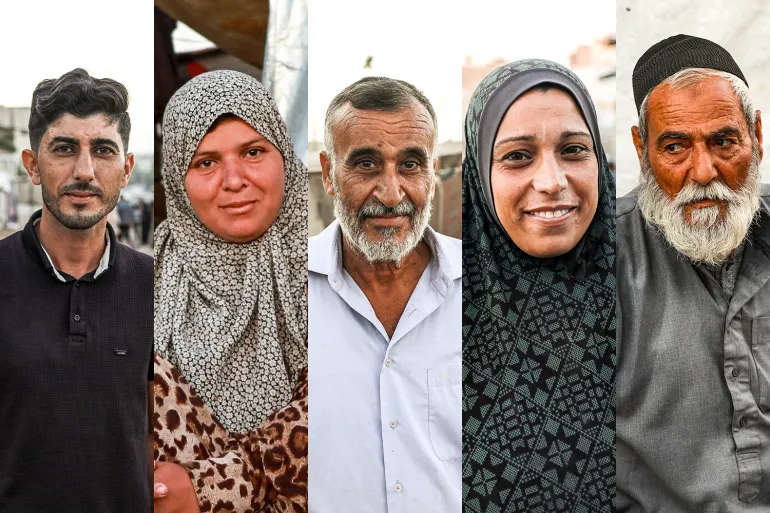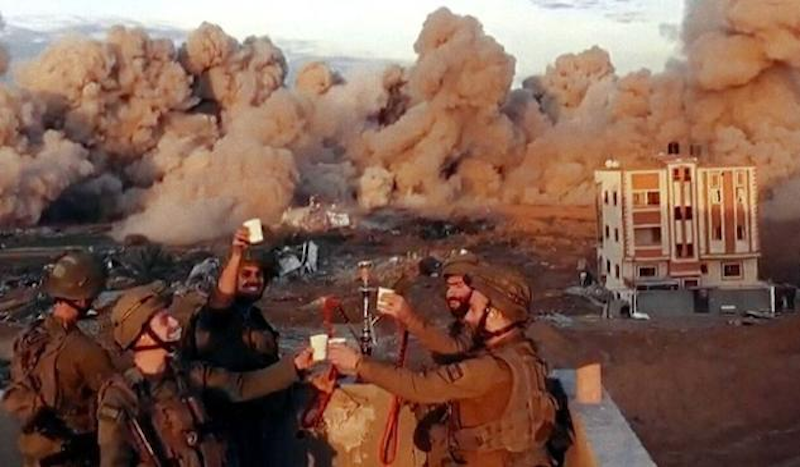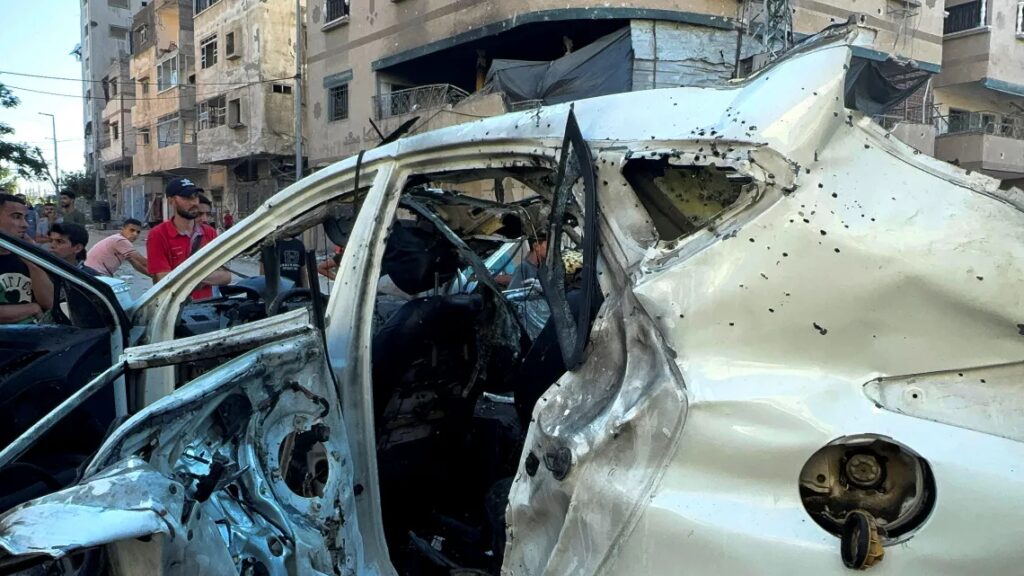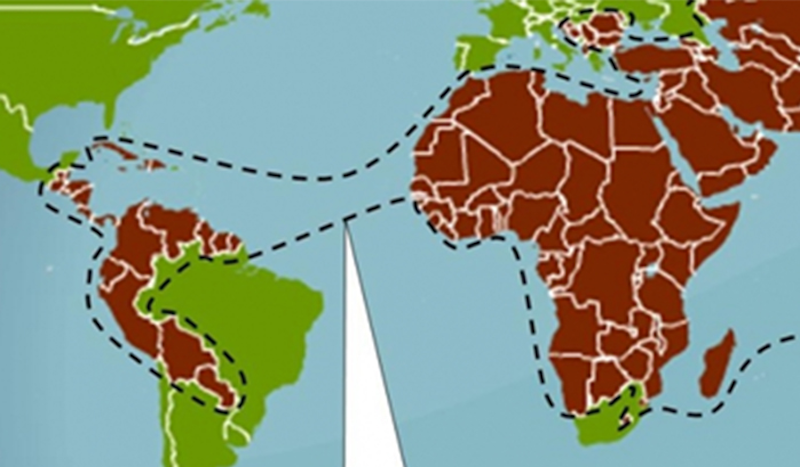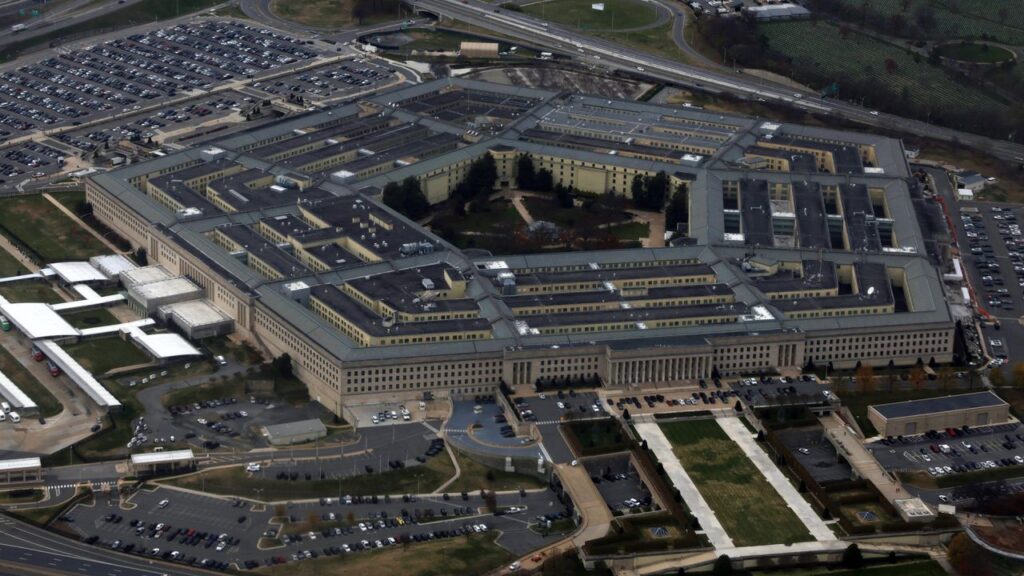Israelis eliminate top Hamas terrorist Yahya Sinwar, but the war must go on
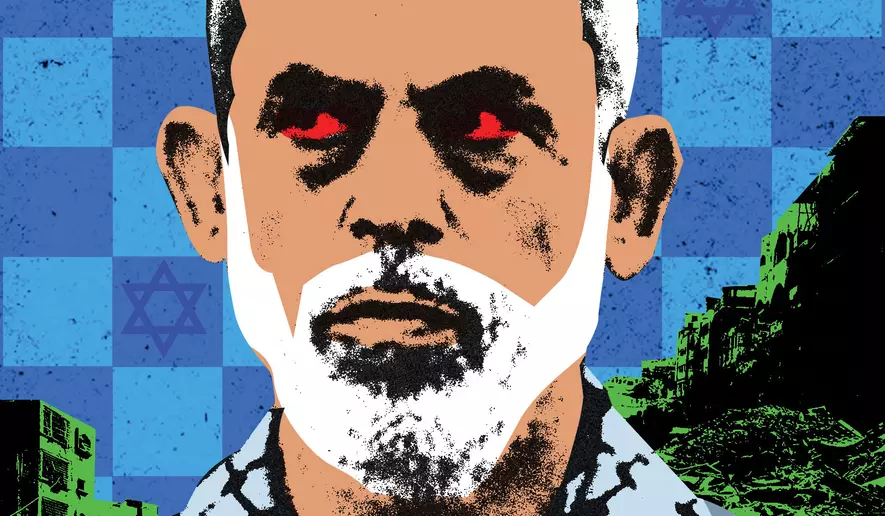
Last week, Israeli soldiers on patrol in Gaza encountered and eliminated Yahya Sinwar, the Hamas commander who plotted and implemented the invasion of Israel on Oct. 7, 2023, and the massacre that followed.
This long-anticipated milestone was a significant battle won in a war that will not soon end. To understand why, you need to understand who Sinwar was and the cause for which he fought.

